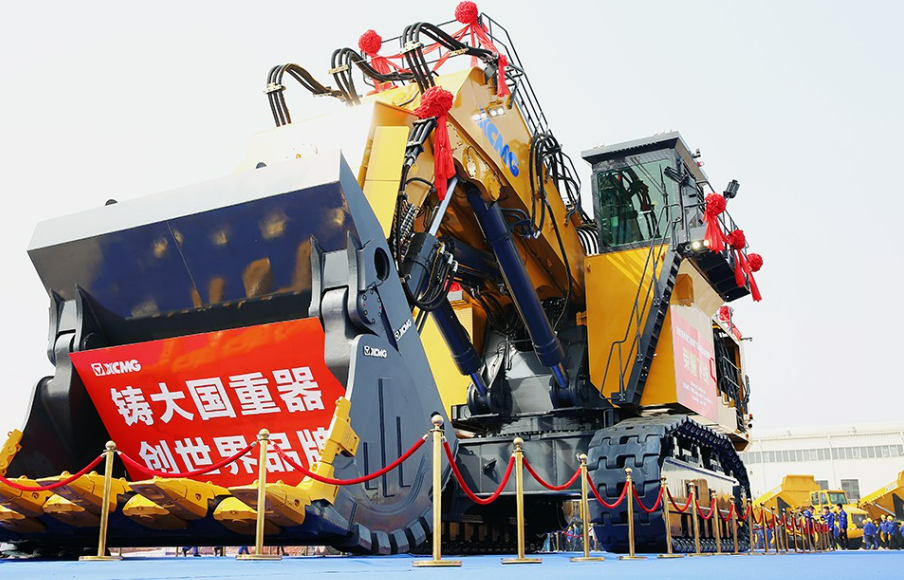Whether or not you buy into the hype, one thing is clear—DeepSeek has sparked a gold rush among Chinese tech startups.
There’s something about China’s tech startups—they move fast, break things, and somehow manage to bounce back even faster when things don’t go as planned. One minute, a company is a nobody, and the next, it’s leading an industry revolution. Right now, DeepSeek is that company.
The AI startup has turned heads with its claim of slashing training costs by 80%, and whether or not you buy into the hype, one thing is clear—it’s sparked a gold rush among Chinese startups. Every tech entrepreneur with a GPU and a dream is now trying to ride DeepSeek’s momentum, hoping to be the next big thing in AI.
The DeepSeek Effect: A Blueprint for Startups

It’s rare for one startup to change an entire industry, but DeepSeek might actually be pulling it off. By claiming to cut AI training costs dramatically, it has effectively rewritten the playbook for Chinese tech startups.
Before, AI development was a game for the rich—the OpenAIs and Googles of the world, backed by billions in funding. Thanks to DeepSeek’s supposed efficiency magic, however, smaller companies now believe they have a shot.
And that’s where things get interesting. DeepSeek’s rise isn’t just about one company making waves; it’s about an entire ecosystem waking up. Take Manus, for example. This Beijing-based startup has been making waves with its AI assistant, Monica. Unlike your average chatbot, Monica is being pushed as a full-fledged decision-making AI, the kind of thing that could one day handle complex tasks with minimal human input.
Manus has even snagged a spotlight on state-run CCTV and locked in a partnership with Alibaba’s Qwen AI to give Monica some extra firepower. If anyone is riding DeepSeek’s momentum with style, it’s them.
Chinese Startups digging Deep
Zhipu is another Chinese company that has been in the LLM space for a while now but is changing things up following the DeepSeek revolution. Instead of chasing the next big AI flex, they’re laser-focused on enterprise sales and gearing up for an IPO. The play here? Take all that AI firepower and turn it into something businesses can actually use, rather than just showing off cool demos. Meanwhile, 01.AI, the brainchild of former Google China head Lee Kai-fu, is taking a different route.
Instead of sinking cash into training brand-new models from scratch, they’re all about making AI plug-and-play for companies. Their platform, Wanzhi, is built to roll out AI fast—no need for businesses to burn resources building their own giant models when 01.AI can handle the heavy lifting for them.
Similarly, Baichuan, one of China’s “AI-Tiger” companies, is looking at the healthcare industry like it’s an all-you-can-eat buffet for AI, and honestly, they’re not wrong. Medical diagnostics? AI-assisted research? Probably even robo-doctors who aren’t late for their own appointments. They want in on everything. Meanwhile, Moonshot, another “AI-Tiger” from China, has decided no more flashy marketing, no more overpromising the AI singularity—they’re just going to grind away at making their tech better. It’s a gamble, sure, but maybe the world’s finally ready for AI that works first and makes headlines later.
Additionally, investors who were hesitant about funding China’s AI ambitions are now pretty optimistic about anything with “LLM” in its pitch deck. The moment DeepSeek hinted that AI development doesn’t have to be a money pit, it changed how people look at it..
From AI Models to Hardware Startups—China’s New Wave
Now the startup boom inspired by DeepSeek isn’t limited to software. Chinese startups are now looking at AI efficiency from every angle. Some are focusing on optimizing hardware, building custom chips to bypass Western semiconductor restrictions. Others are diving into energy efficiency, figuring out how to make AI training consume less power (and, ideally, fewer government subsidies).
Then there’s the data side. AI models need training data—massive amounts of it. A whole new crop of startups is now springing up around synthetic data generation, scraping the internet for as much of it as possible. They also claim to be finding new methods to create, filter, and structure data to make AI training more efficient.
While some of these companies are undoubtedly backed by China’s biggest tech giants, there’s also going to be a lot of genuine garage/basement startups that have a history of surprising us with their inventions. In a previous post we’ve talked about how it is definitely possible that DeepSeek’s success is being oversold, but if the product of that overselling is an entire ecosystem of startups waking up and aiming to make AI-training more efficient, you have to admit it that it was a good plan and it’s working!
In case you missed:
- Training AI for Pennies on the Dollar: Are DeepSeek’s Costs Being Undersold?
- China launches world’s first AI-powered underwater data centre!
- What’s Nvidia doing in the restaurant business?
- Netflix replaces its game developers with AI
- Omnidirectional VR treadmills, go anywhere without going anywhere!
- NVIDIA just dropped “ACE” at CES 2025: Truly intelligent NPCs coming soon!
- AI in 2025: The Year Machines Got a Little Too Smart (But Not Smart Enough)
- So AI can get bored, “suffer,” and even commit suicide?
- These AI powered devices add smells to virtual worlds
- Could Contact Lenses be the Key to Fully Wearable BCIs?










